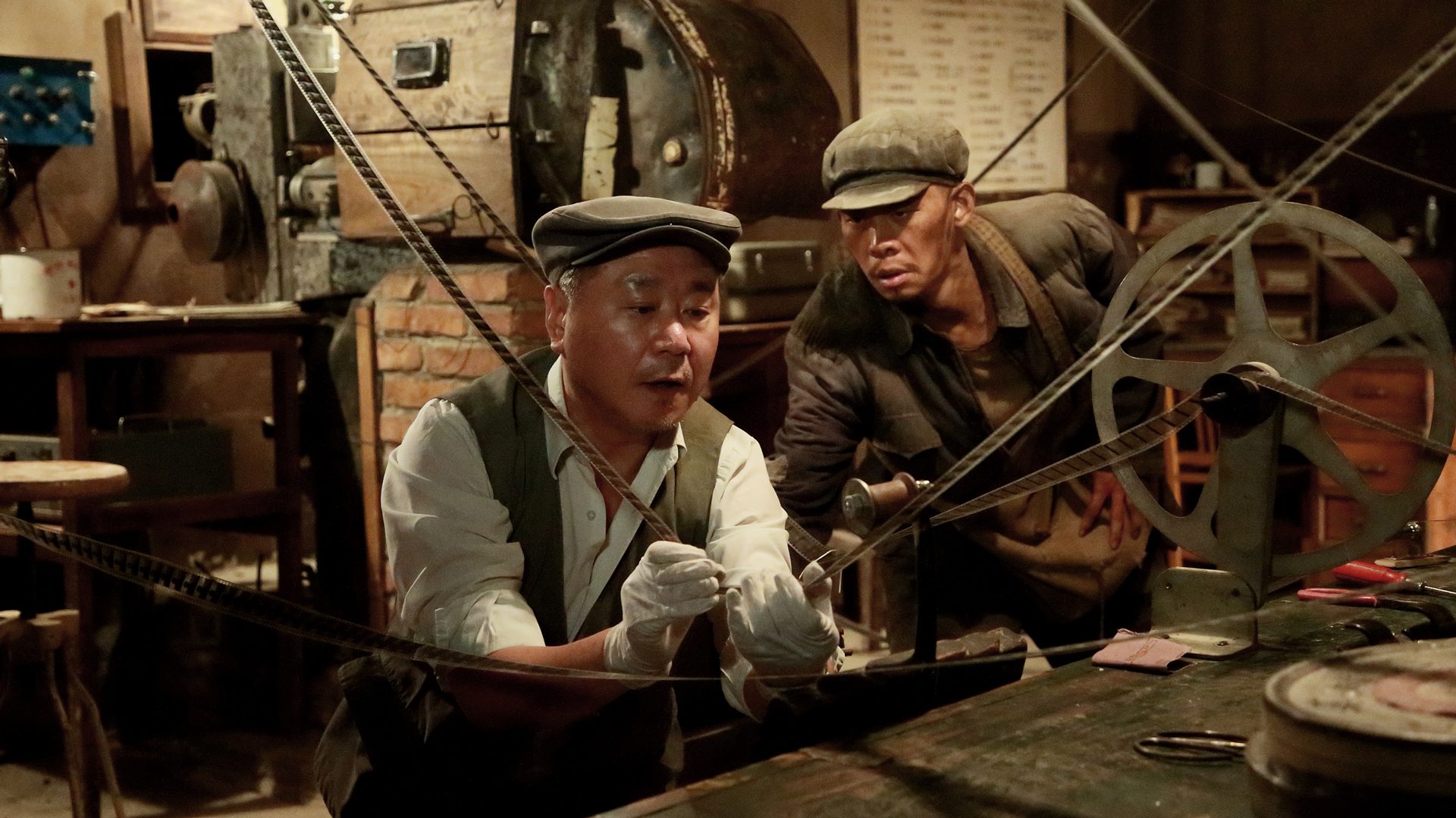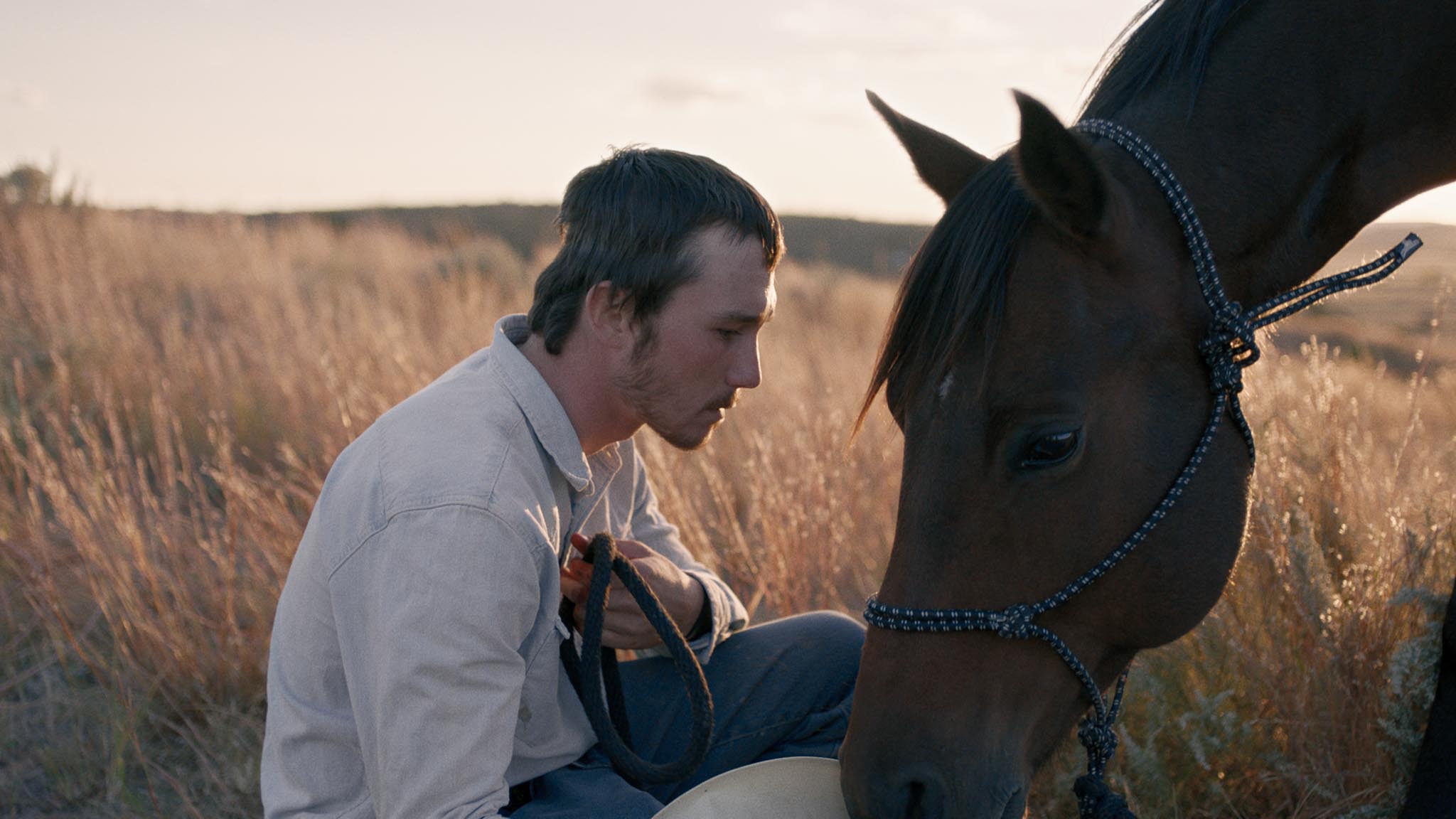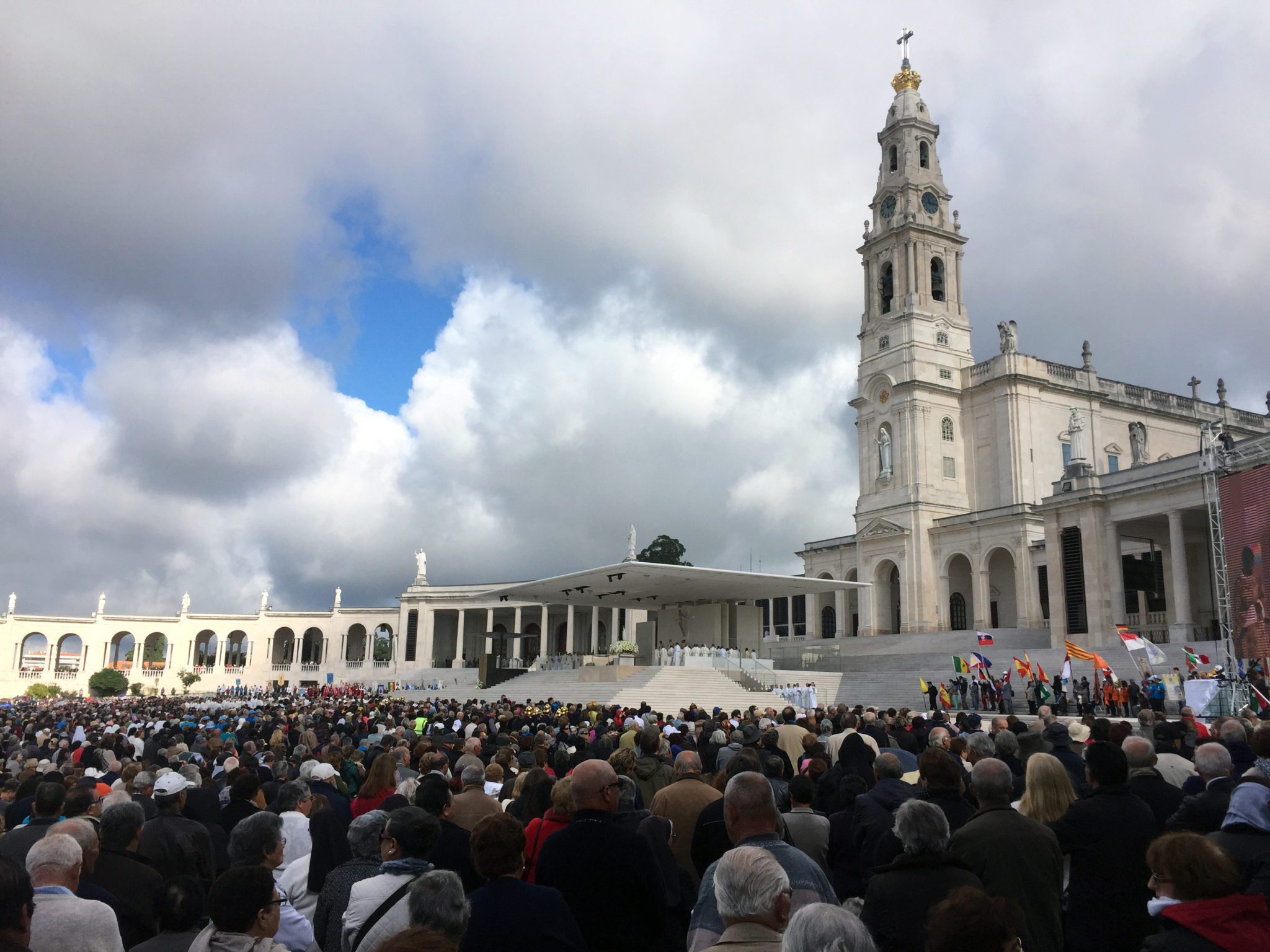
Sunday at AFI Fest 2021
How strange that AFI Fest 2021 is already coming to an end. But perhaps next year the festival will be able to move back to a weeklong fully in person event. Still, it is important to thank the staff and volunteers for the work they did to make this such a wonderful?and safe?experience. And of…


